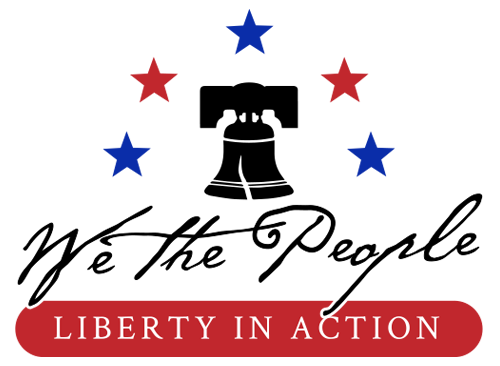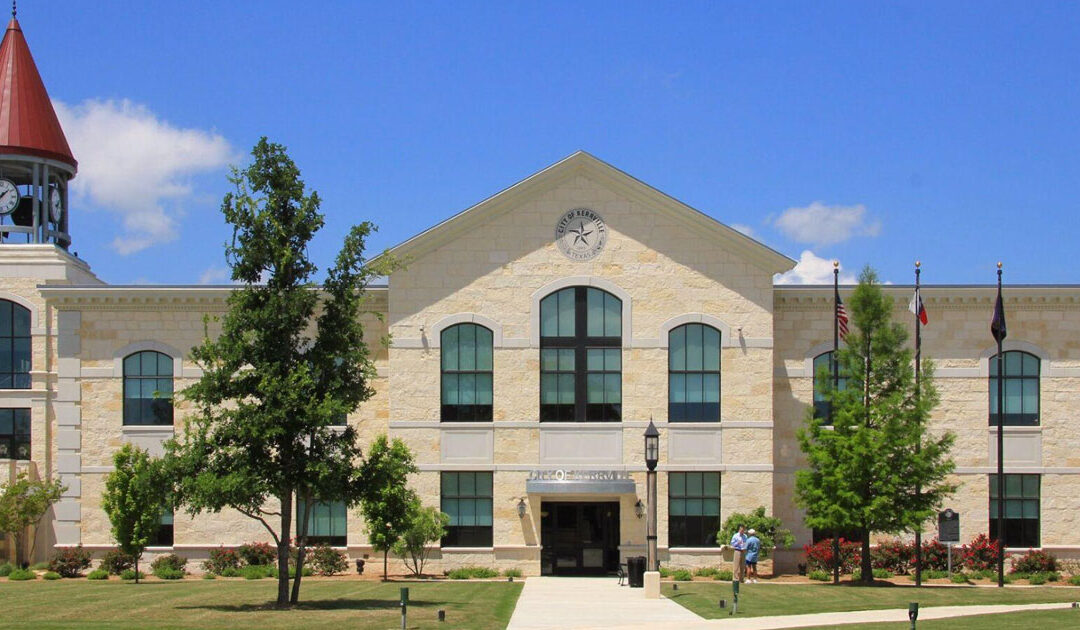The city council revised its solicitation ordinance but included new restrictions.
March 21, 2024 | Kim Roberts – The Texan
The Kerrville City Council is currently considering a new solicitation ordinance to replace the one it adopted in 1968 and last updated in 1991.
The ordinance was first considered in February but was tabled, and a workshop was held to handle some of the council and citizen concerns about it.
On March 12, the ordinance passed the first reading by a vote of 4 to 1, with only Council Member Roman Garcia voting against it.
Garcia has several concerns about provisions within the ordinance, mostly surrounding what he says appear to be restrictions on political and religious speech.
“I think the government should be protecting our God-given rights, not hindering them,” Garcia told The Texan about some of the ordinance’s restrictions.
The proposed ordinance will be placed in the business section of the city code, even though it also applies both to solicitors — those who enter residential premises for the sale of goods and services — and to canvassers, whose primary purpose of contact at a residence is political, religious, or another non-commercial event.
“Political and religious speech is not the same as commercial speech,” Garcia said.
According to the preamble describing the ordinance’s purpose, “city residents expect their local government to assist them in preserving their privacy and avoiding petty annoyances that disrupt their quiet enjoyment of their homes.”
In the ordinance, solicitors and canvassers are both prohibited from conducting their activities at private residences from 8 p.m. until 8 a.m.
The ordinance also prohibits both solicitors and canvassers from entering residential premises with a sign stating “No Solicitors,” “No Trespassing,” or “words of similar intent.”
Garcia believes that the warning sign provision of the ordinance is too broad in requiring a “No Solicitors” sign to apply to political and religious canvassers, who have an entirely different and non-commercial purpose that merits greater protection than commercial speech.
Nikki Caines, a concerned Kerrville resident, also has reservations about the warning sign provision of the ordinance. She wonders whether it will hinder people from inviting neighbors to an Easter church service or vacation Bible school.
Before the March 5 primary election, Caines block walked around Kerrville and found people very receptive to the candidate information she presented. Kerrville saw a large voter turnout as a result of the effort of many block walkers, Caines said. She is concerned that the new ordinance provisions would inhibit that kind of activity and instead suppress voter turnout.
Additionally, Caines wonders whether new entrepreneurs trying to build a business by leaving a card or flyer on neighborhood doors would be in violation and subject to a penalty.
“It leaves us in limbo guessing whether our activity is a violation,” Caines said of the portions of the ordinance she finds unclear. “It will suppress activity due to uncertainty.”
The ordinance creates a misdemeanor offense punishable by a fine of between $50 and $500 for those who enter property where prohibited or during prohibited hours. The city attorney said it would be a complaint-based ordinance, meaning it would be enforced based on complaints from residents.
Garcia is also concerned about a provision that restricts solicitation on public streets, rights-of-way, and medians within the city.
“This prohibition shall apply to and include any institution or group organized for a political, religious, or charitable purpose, or individuals engaging in such activities on behalf of any such institution or group,” the section reads in part.
City attorney Mike Hayes said during the March 12 council meeting that the prohibition would apply to those who want to stand in city rights-of-way to hand out religious pamphlets, but he said it would likely not always be enforced on city sidewalks.
“How does an individual know when [a sidewalk is] considered a right-of-way?” Garcia asked Hayes, trying to clarify the enforcement issue.
City manager Dalton Rice replied, “It should always be considered the right-of-way and therefore it should be enforced.”
In response to an inquiry by The Texan, the city’s public information officer said that the “primary intent of this section is to prohibit persons from selling in the right of way, which is disruptive and dangerous to traffic and themselves.”
“It does not apply to persons engaged in strictly political purposes,” he added.
Fort Worth attorney Tony McDonald told The Texan that he would advise Kerrville to “tread carefully in regulating the speech of its citizens.”
McDonald has concerns about the city regulating speech in public forum areas like sidewalks, and also what appear to be content-based restrictions within the proposed ordinance.
Wesley Virdell, the Republican candidate for House District 53 that includes Kerrville, believes the proposed ordinance includes language that is “unclear about free speech.” Virdwell added that “any ordinance passed needs to ensure that it is clearly not restricting the right to assemble or the right to free speech.”
The city still is likely to vote on the ordinance’s second reading at its next council meeting on March 26, although no official agenda has been posted.
Disclosure: Unlike almost every other media outlet, The Texan is not beholden to any special interests, does not apply for any type of state or federal funding, and relies exclusively on its readers for financial support.
See Item 5 on the March 26 agenda below. The ordinance text is also linked below…

